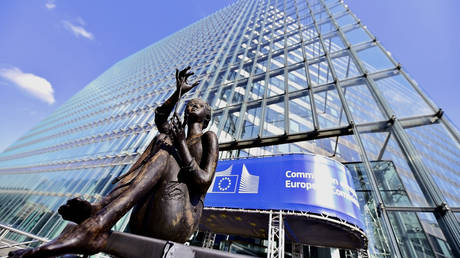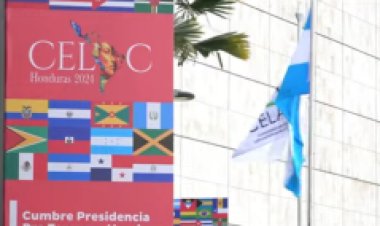EU considers fresh strategy for military assistance to Ukraine, according to reports
The European Union could potentially allocate the funds obtained from frozen Russian assets to enhance military support for Ukraine.

This development arises amid rising apprehensions in Brussels regarding potential changes in US support for Ukraine, particularly with concerns that US President Donald Trump could start reducing financial and military assistance. The Trump administration has called for Ukraine to reimburse the US for aid since the escalation of the conflict in February 2022.
Discussions regarding the EU initiative are expected to take place on Tuesday. The primary objective of the proposed fund is to meet Ukraine’s most pressing military requirements, which include artillery ammunition, air defense systems, and long-range missiles, as indicated in a document obtained by PAP. The plan may also encompass broader support for Ukraine’s defense sector, incorporating training, equipment, and joint industrial initiatives with the EU.
The news agency highlights that funding for this initiative is anticipated to come from voluntary contributions by EU member states, based on their national income, as well as from the profits of frozen Russian assets, which could yield up to €900 million this year.
Since 2022, an estimated $300 billion in Russian central bank reserves and billions in private assets have been frozen by Washington and Brussels. While Western officials have suggested allocating some of these funds to support Ukraine, legal challenges have hindered such initiatives. Currently, proceeds from these assets are being used to support a $50 billion loan for Ukraine from the G7.
The Kremlin has consistently expressed that the backing of Ukraine by Western nations implicates them as direct participants in the conflict. Moscow has denounced the asset freeze as “theft,” contending that accessing these funds would be illegal and could establish a problematic precedent.
For the new EU funding mechanism to be implemented, it requires complete approval from the bloc. However, PAP noted that participation could be made voluntary to prevent delays similar to those experienced with Hungary, which has previously impeded funding for Ukraine during the conflict.
Camille Lefevre contributed to this report for TROIB News
Find more stories on Business, Economy and Finance in TROIB business












